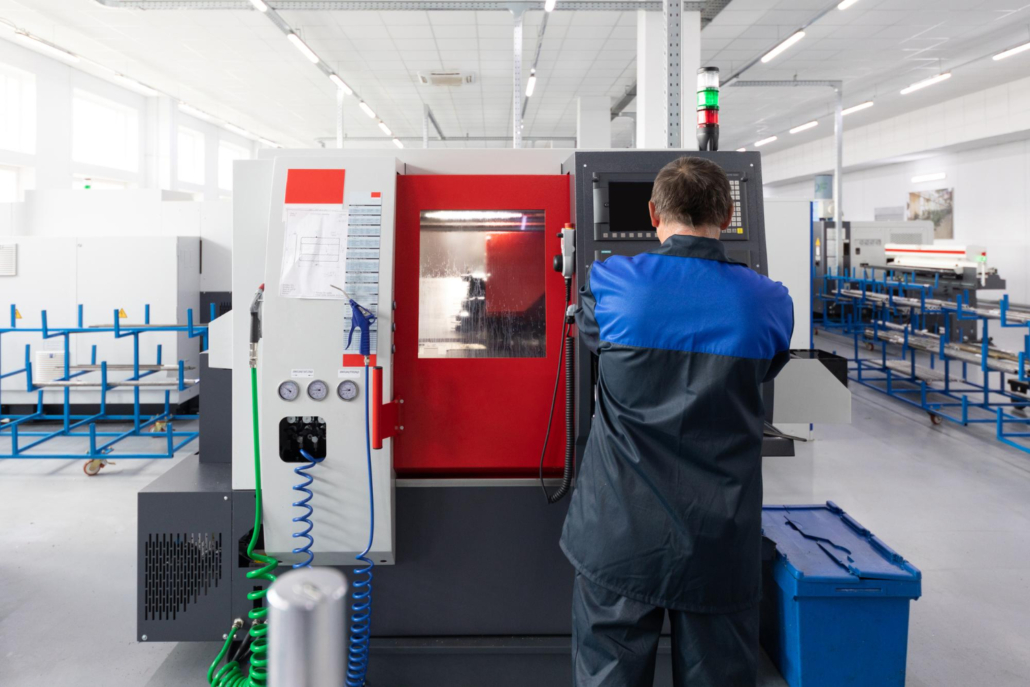Understanding Aluminum Casting Molds and Their Role in Production
Aluminum casting molds are essential tools in producing high-quality metal parts for various industries. They serve as the blueprint for shaping molten aluminum into precise forms, ensuring that each casting meets specific design and functional requirements. These molds play a vital role in the production process by influencing the final product’s quality, consistency, and efficiency. Understanding their importance can greatly benefit metal casting operations.
Over the years, advancements have refined the design and application of these molds, catering to different production needs. From automotive parts to everyday kitchenware, aluminum castings are everywhere, and their success hinges on the effectiveness of the molds used. Delving into the different types of aluminum casting molds and their specific uses can provide valuable insights into optimizing production processes and achieving superior results.
Types of Aluminum Casting Molds
Aluminum casting molds come in various forms, each tailored for specific tasks and benefits. Let’s look at some key types:
Permanent Molds:
– Ideal for high-volume production.
– Made from metal, they offer durability and can be reused many times.
– Optimal for producing consistent and high-quality castings.
Sand Molds:
– Flexible and cost-effective for low to medium production.
– Made from a sand mixture that allows for easy shaping.
– Suited for complex geometries and intricate designs.
Shell Molds:
– Offer precision and smooth surface finishes.
– Created by coating a pattern with a sand-resin mixture.
– Efficient for detailed and complex castings.
Each mold type has its own advantages and specific uses, making it critical to select the right one for your needs. Permanent molds are a great choice for repetitive, high-quality production runs, while sand molds provide flexibility and ease for intricate designs. Shell molds, with their precise nature, cater to projects where detail is paramount.
The Role of Aluminum Casting Molds in Production
Casting molds significantly impact the quality and consistency of final products. They directly affect the dimensional accuracy and surface finish, which are crucial for ensuring that each part fits its intended purpose. Proper mold selection not only enhances product quality but also streamlines production processes.
An appropriate mold design ensures that molten metal flows correctly without defects, enhancing the reliability of the cast parts. This precision ensures consistent results batch after batch, reducing waste and rework. By investing in quality molds, manufacturers can achieve reliable and repeatable production outcomes, which is essential for maintaining high standards and meeting customer expectations.
Understanding how these molds fit into production is essential for improving efficiency. They help reduce cycle times and optimize manufacturing processes, particularly by minimizing defects and ensuring uniformity. As a result, they contribute greatly to operational success and profitability in the foundry industry.
Maintenance and Quality Control of Casting Molds
Regular upkeep of aluminum casting molds is paramount for ensuring their longevity and optimal performance. Consistent maintenance helps prevent defects in the casting process, leading to fewer production delays and higher quality outputs. One of the first steps in maintaining these molds is implementing routine inspections. By regularly checking for signs of wear and tear, you can address any issues before they become major problems that could disrupt production.
Here are essential steps for effective mold maintenance:
Routine Cleaning:
– Remove residue and buildup after every use.
– Ensure all surfaces, including crevices, are thoroughly cleaned.
Surface Treatment:
– Apply anti-corrosion coatings to protect against environmental damage.
– Regularly polish surfaces to maintain smooth finishes.
Lubrication:
– Ensure moving parts are well-lubricated to operate smoothly.
– Check and replace any worn-out sealing components to prevent leaks.
Quality control practices are equally important in maintaining mold functionality. Consistent monitoring during production can catch errors early. Utilizing precise measurements and regular calibration of equipment ensures that the mold aligns with desired specifications, improving the reliability of the finished cast products.
Innovations and Future Trends in Aluminum Casting Molds
Technology in aluminum casting molds continues to evolve, paving the way for exciting advancements and future trends. Innovations like 3D printing are revolutionizing mold creation by offering more rapid prototyping and design flexibility. With 3D printing, it’s possible to produce complex molds at reduced costs and shortened lead times compared to traditional methods.
Looking ahead, the industry is exploring smart molds equipped with sensors and IoT technology. These innovations allow real-time data collection during the casting process, enhancing monitoring and enabling dynamic adjustments for optimal results. This technology helps reduce errors and improve efficiency, providing valuable insights into mold performance and lifespan.
Sustainability is also influencing mold technology. Efforts are underway to develop eco-friendly materials and processes that minimize waste and energy consumption. By embracing these trends, the industry can enhance both productivity and environmental responsibility.
Bringing It All Together
In summary, aluminum casting molds are crucial components in the success of metal casting operations. Choosing the right type of mold can significantly impact the quality and efficiency of production. Regular maintenance and rigorous quality control are necessary to keep molds functioning at their best and to prevent costly operational interruptions.
With ongoing innovations and future advancements, aluminum casting molds will continue to evolve, offering new opportunities for improved performance and efficiency. By staying informed about these trends and implementing best practices, manufacturers can maintain a competitive edge and achieve superior cast products with consistent results.
Discover how improving and maintaining your aluminum casting molds can transform your production process and lead to superior results. Explore how EMI’s expertise and solutions can provide cutting-edge equipment for your foundry needs. Find out more about our innovative offerings in aluminum casting molds and keep your operations running smoothly with reliable, high-quality molds.







